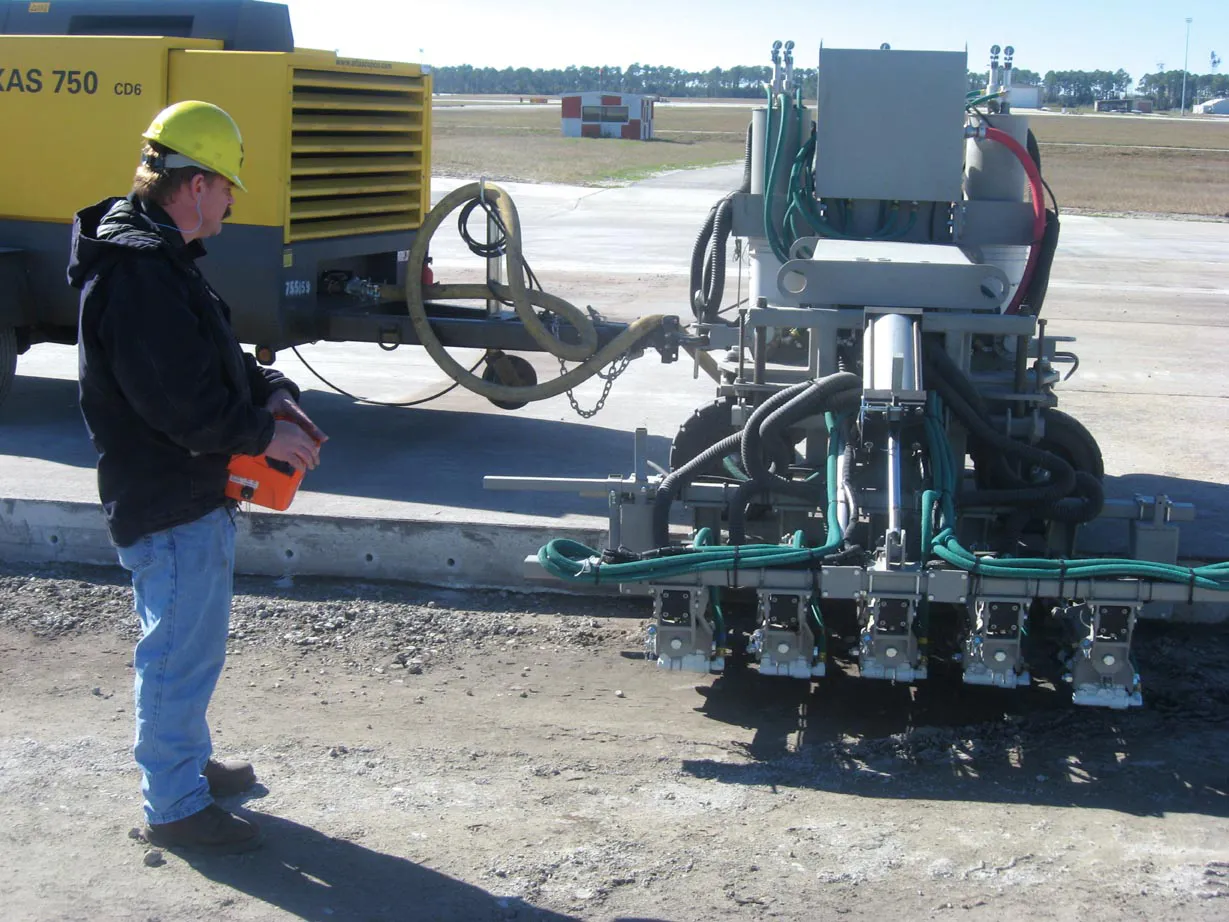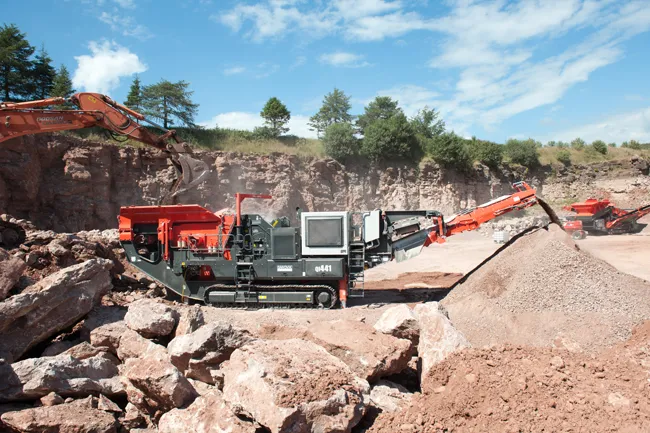Siemens has launched an alternative traffic detection system that uses magnetic disturbances to detect vehicles and low power wireless technology to transmit data to host controllers. According to Siemens head of product management Keith Manston, the WiMag system offers a cost effective detection system for stopline, vehicle actuation, SCOOT and MOVA applications. “Using a battery-powered wireless magnetometer sensor which lies beneath the surface of the road, the WiMag system utilises disturbances in the e
October 31, 2012
Read time: 2 mins

Siemens has launched an alternative traffic detection system that uses magnetic disturbances to detect vehicles and low power wireless technology to transmit data to host controllers.
According toFor new sites in particular, the WiMag system is said to offer a more cost effective and flexible solution than installing traditional loop detectors, especially where detection is required at significant distances from the traffic controller. Being battery-powered, wirelessly linked and smaller in size than traditional loop detectors, WiMag is also said by Siemens to lend itself to installation at remote locations, as well as being less prone to damage by street works.
With an inbuilt low-power wireless transmitter/receiver and a dedicated battery, each sensor can detect and transmit data to an associated Access Point or battery-powered repeater unit. Simply installed in the carriageway as a loop equivalent device, the in-road sensors may be located up to 300m from the host controller, using repeater units where necessary.








